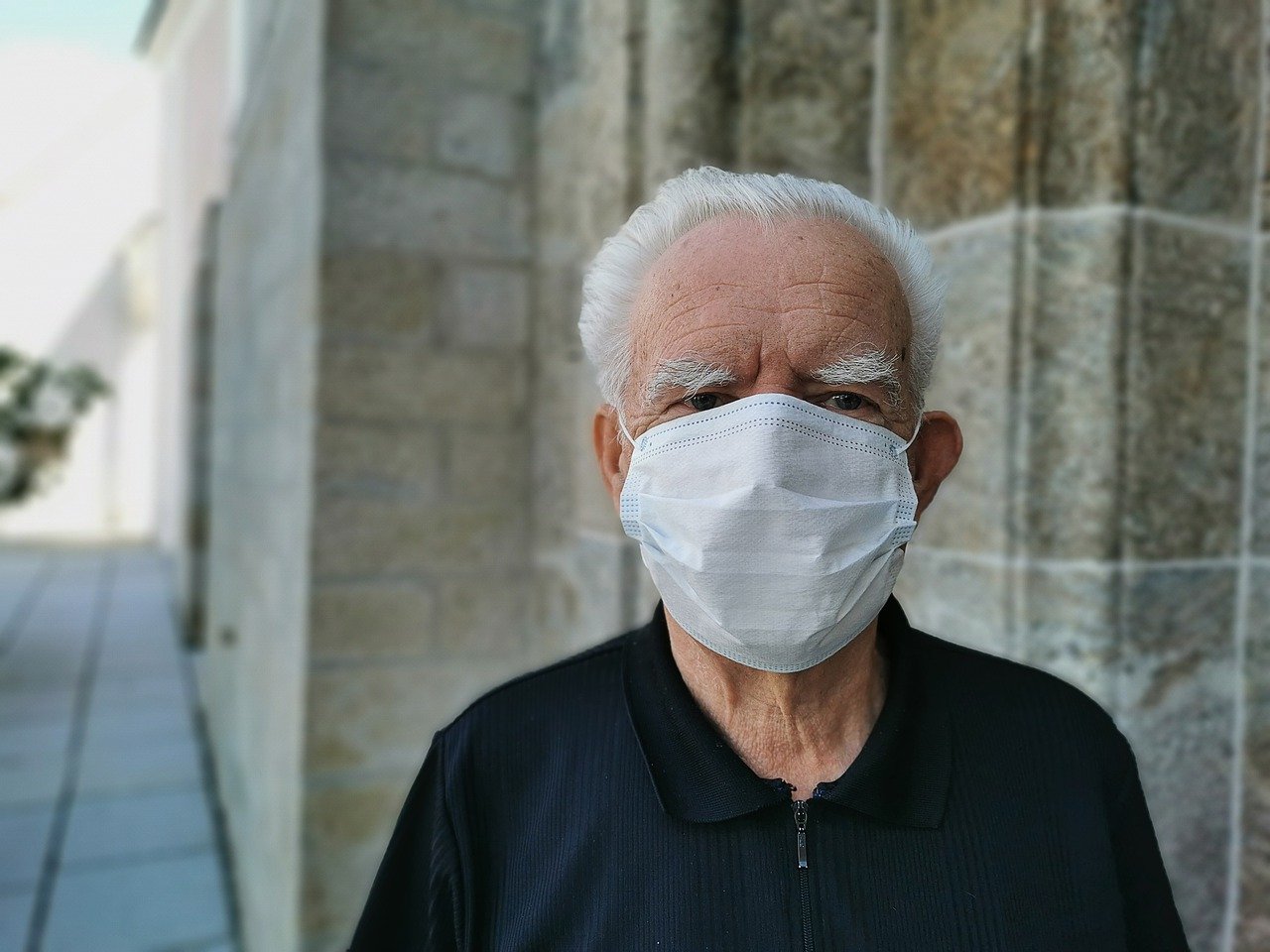

Click here to see all of PopSci’s COVID-19 coverage.
When it comes to getting a COVID-19 vaccine, there’s been a lot of chatter about which one is “the best.” But in a new UK trial, scientists are looking at the effect of combining different vaccine brands—if it’s still effective, and if it can produce broader protection against the virus and its variants.
In this Oxford University-led trial, dubbed Com-COV, more than 800 volunteers aged 50 and up are being given two vaccine doses per the regular protocol—except they don’t know which two shots they are receiving. Some volunteers are receiving an initial Pfizer shot followed by the AstraZeneca booster, others are receiving the AstraZeneca shot first followed by the Pfizer booster, and a third group are getting a matching set of shots (either both Pfizer or both AstraZeneca), for comparison. The participants will also be randomly selected to get their boosters either four weeks after the initial shot, or 12 weeks after, to see if immune responses are comparable.
[Related: What went wrong with AstraZeneca’s COVID vaccine data?]
Vaccine distribution is tricky, as much of the world is discovering right now: It’s difficult to get the timing and availability right so people can get the second dose of their specific vaccine on the right timescale. Britain’s government has tried to surmount these obstacles by delaying second doses and updating its vaccine protocols earlier this year to include mismatched doses in emergency cases, despite no science at the time confirming that it is safe to do so.
Dr. Anthony Fauci, director of the US National Institute of Allergy and Infectious Diseases, told the LA Times that he wouldn’t mess with vaccine combinations unless there’s good data: “I don’t think you mix and match without results showing it’s very effective and safe,” he said.
If this trial shows that combining different vaccines is not only safe but effective, it could ease the strain on vaccine rollout protocols. It could also prove to be a boon against variants: Experiments in mice show that combinations of Pfizer and AstraZeneca vaccines boosted immunity better than matching doses of either one. One of the trial investigators told CBS that mismatched vaccines have the potential to spur a broader immune response, one that better equips the body to fight emerging variants.
The Com-COV COVID-19 vaccine trial is still ongoing, and only happening in the UK. The US currently has no plans to explore mismatched vaccines, but if the results of this trial are as positive as researchers hope, it has the potential to change vaccine protocols globally. Trial results are expected in June.
